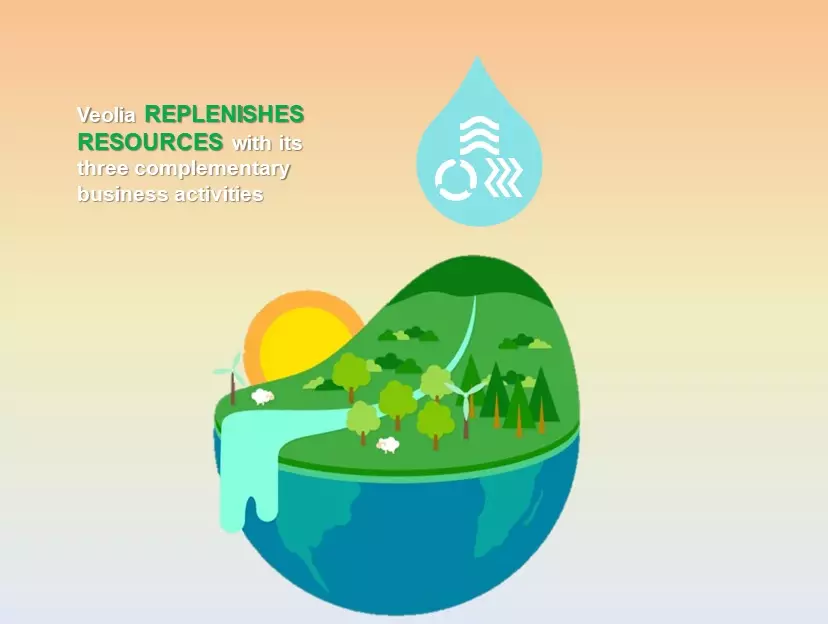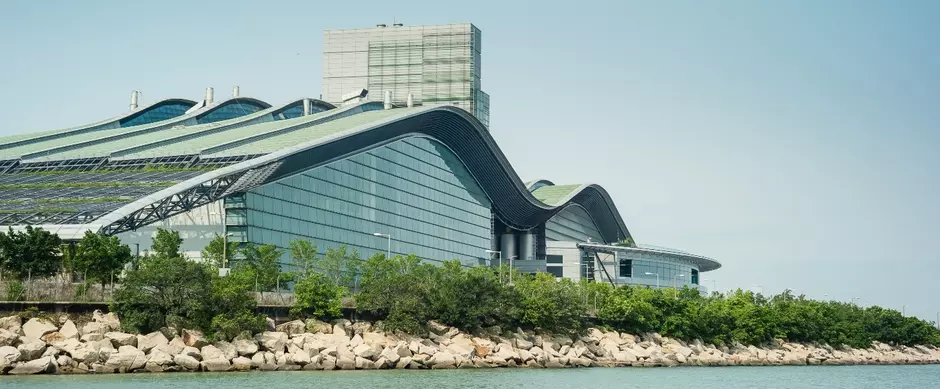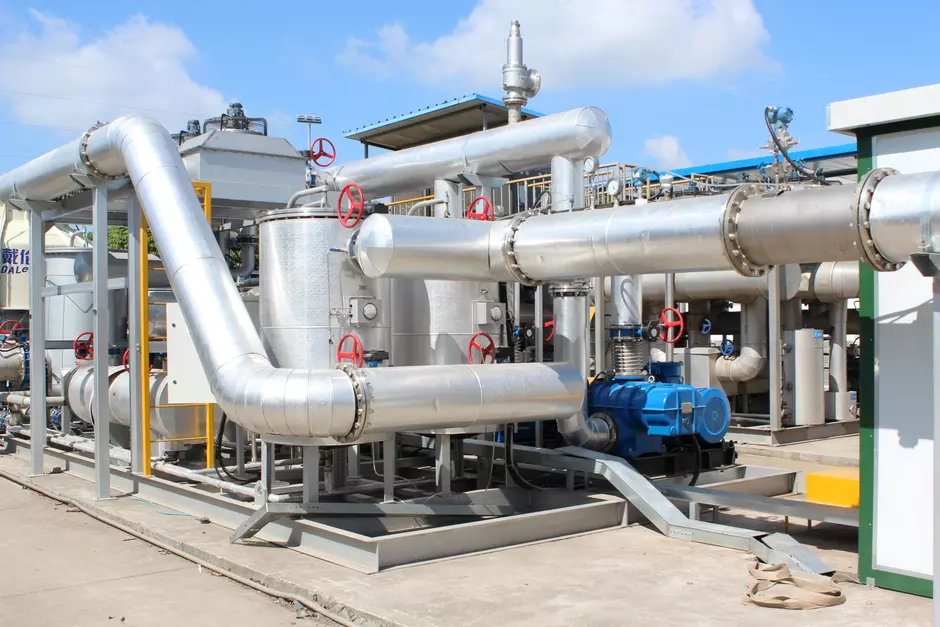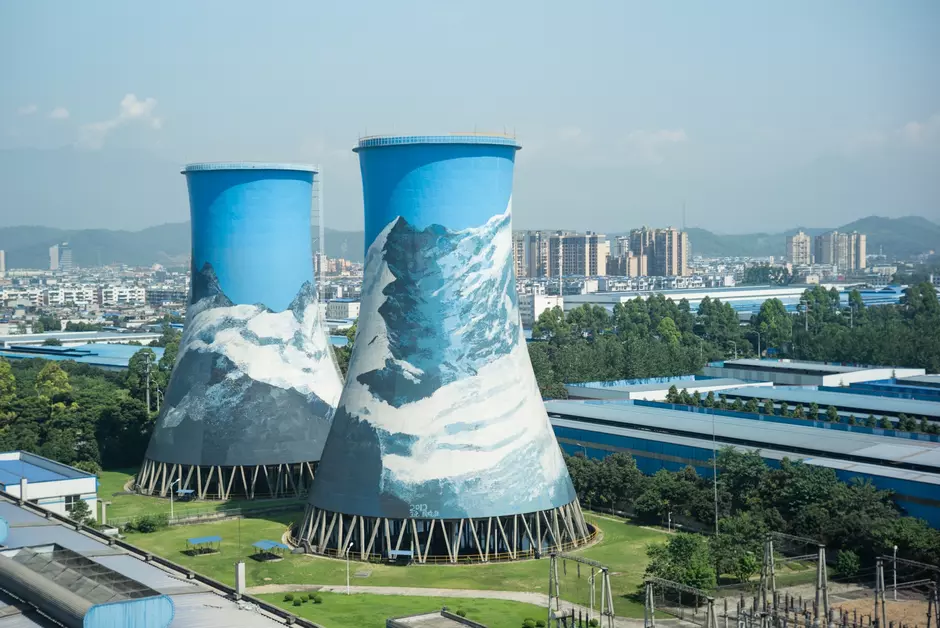
At the rate that modern lifestyles are depleting natural resources, it is critical to move beyond preserving resources to finding ways to replenish them. By reinventing its business activities, Veolia is making it possible to create new secondary resources to offset the growing scarcity of natural primary materials.
Through innovation in recycling and waste recovery, Veolia contributes to extending the life span and usage value of extracted resources. With its eco-design expertise, Veolia supports organisations to embrace circular economy, from creating manufacturing processes to the production of new materials from transformed waste.
BUSINESS CASES
Here are some examples of Veolia’s efforts in replenishing resources in Hong Kong:
Veolia Hong Kong sludge treatment facility generates renewable energy

Veolia Hong Kong sludge treatment facility generates renewable energy
Veolia operates T.Park, one of the world's largest sludge treatment facility, installing a state-of-the-art incineration technology to turn sludge into renewable energy that supports the facility's energy usage. The surplus is exported to the grid for the public.
Veolia converts landfill gas to energy in Hong Kong

Veolia converts landfill gas to energy in Hong Kong
Veolia designed, constructed and operates several landfill Gas-to-Energy projects in Hong Kong, helping Hong Kong's landfills recover the generated landfill gas and converting it into energy, while reducing emission of CO2.
- Energy produced: MWH in
Veolia generates electricity from food waste in O·PARK1

Veolia generates electricity from food waste in O·PARK1
O·PARK1 generates biogas as an energy source to produce electricity for the facility's internal consumption and exporting surplus to the grid via anaerobic digestion of food waste. O·PARK1 also produces organic fertiliser.


